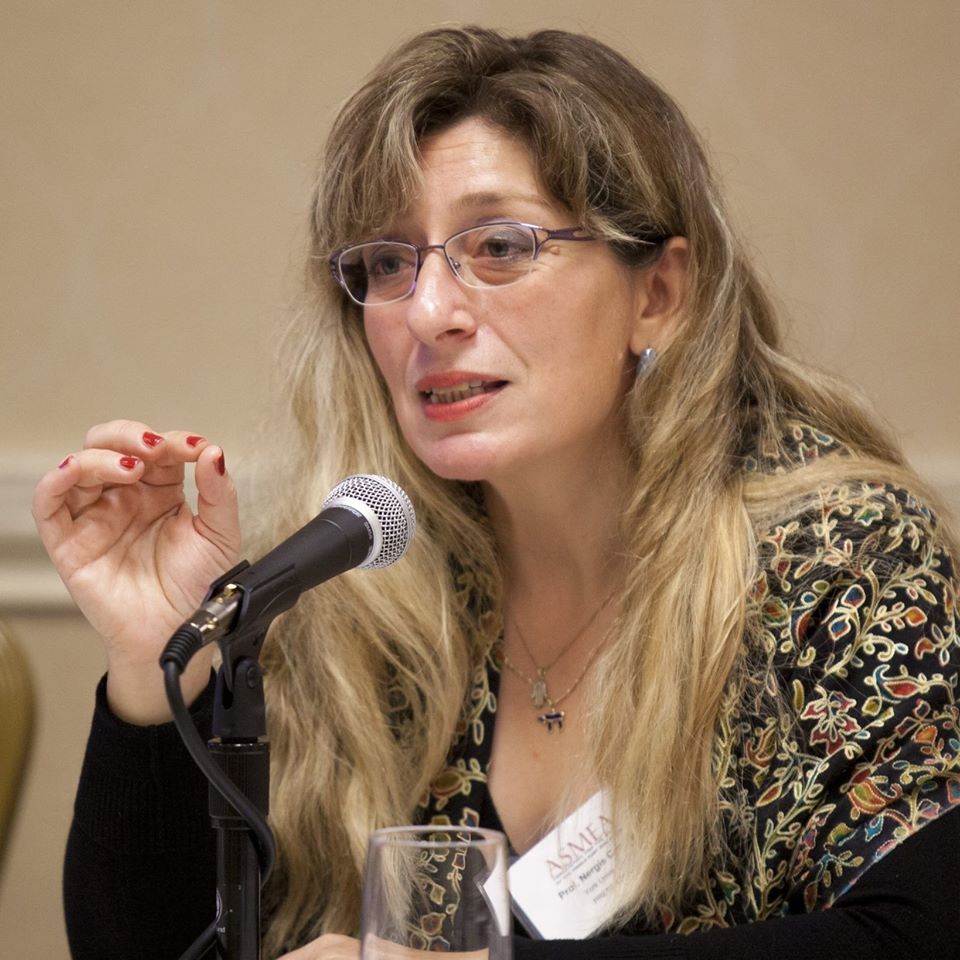
Ester Nergis Canefe
Nergis Canefe is a Full Professor at the Department of Politics, York University, Toronto, Canada and a graduate faculty member at Graduate Programmes in Social and Political Thought, Socio-Legal Studies, Humanities, Osgoode Hall Law School and Graduate Programme in Public Policy and Law at the same institution. She received her PhD at York University, Programme in Social and Political Thought and her SJD (PhD in Law) on international criminal law at Osgoode Hall Law School, Canada.
Current affiliation
- York University, Toronto, Canada
Hosting institute
Contact
- Email: …
Key expertise
- Forced Migration Studies
- International criminal law
- Administrative Law
- Critical Citizenship Studies
- Political Theory
Profile according to FFVT taxonomy
Fields of research
- Peace And Conflict Studies
- Governance Research
- Human Rights Research
- Migration Research
Scientific topics
- Borders
- Causes Of Displacement
- Economy Of Forced Migration
- Experience Of Violence, Trauma
- Infrastructure Of Flight / Forced Migration
- International Protection
- Migration Routes, Refugees’ Journeys
- National Refugee And Asylum Policies
- Refugee Law
- Religion
- Unaccompanied Minors
- Work / Labour Market
Disciplines
- Historical Science
- Law
- Political Sciences
Professional Career
PhD in Social and Political Thought
SJD in International Criminal Law
Relevant publications
- Canefe, N. Crimes against Humanity and Limits of Universal Jurisdiction. 2023. Chicago University Press.
- Canefe, N. The Syrian Exodus in Context. 2022. Bilgi University Press.
- Canefe, N. Transitional Justice and Forced Migration. 2021. Cambridge University Press.
Research profile
Q1. Who are you?
I am a Middle Eastern Canadian scholar of public international law, forced migration studies and political theory pertaining to violence, trauma and dispossession. I am also an established mural painter and visual artist.
Q2. What was your motivation for applying for the FFVT fellowship? Why Germany?
I wanted to work with the FFVT and IMIS group of scholars, specifically focusing on the Global East.
Q3. What do you expect from the fellowship?
I expect to write, exchange ideas, present projects I am working on, meet scholars and network for future projects.
Q4. What is the focus of your work, and what is innovative about it? / What are your planned outcomes and activities for the fellowship period? And how do they relate to your FFVT hosting institution/ the FFVT cooperation project?
I plan to finish three articles while a fellow. The first one is an examination of deportations and statelessness under the Soviet regime. I have already completed the archival work in Budapest, Hungary at the Open Society Archives. The second one is a methodology piece underlining the importance of utilising post-colonial/decolonial approaches to forced migration flows from Eastern Europe. And the third article is a completion of a short manifesto on Ethics of Witnessing, which I have been working on for two years, in collaboration with colleagues at IMIS. My work is transdisciplinary, comparative and heavily guided by applied political philosophy and critical legal theory.